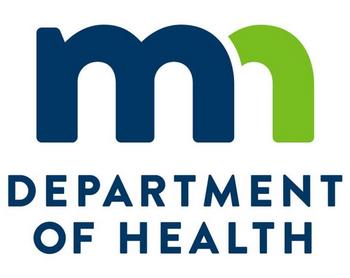More than 40 outbreaks of norovirus — sometimes called “stomach flu” — have been reported to the Minnesota Department of Health (MDH) so far this December, almost twice the usual number.
Noroviruses cause vomiting, diarrhea and stomach cramping. Other symptoms can include low‐grade fever or chills, headaches and muscle aches. Noroviruses are very contagious; they are the leading cause of foodborne illness outbreaks in Minnesota and the most common cause of short-term diarrhea/vomiting illness in the United States. Most people will get norovirus about five times in their lifetime.
“Particularly ahead of holiday gatherings, we want to make sure people are aware of this increase in norovirus outbreaks and taking steps to prevent spreading illness to family or friends,” said Jessica Hancock-Allen, infectious disease division director at MDH.
Most norovirus illnesses and outbreaks can be prevented through good handwashing and appropriate food handling. To prevent getting and spreading norovirus, health officials recommend that you:
- Always wash your hands with soap and water for 20 seconds before preparing or eating foods, and after using the bathroom or changing diapers. Note: most hand sanitizers do not kill norovirus.
- Do not prepare food for others at all if you have been sick with vomiting or diarrhea in the last three days. Likewise, do not eat food prepared by someone who is ill with vomiting or diarrhea.
- Clean and disinfect surfaces with a household bleach solution immediately after surfaces come in contact with vomit or diarrhea.
- Cook oysters and other shellfish before eating them.
Illness usually goes away in one or two days with no long-term health effects. People who are ill with symptoms of norovirus should drink plenty of fluids to help avoid becoming dehydrated. If you have questions or concerns, contact your health care provider.
Restaurants, schools, child care, long-term care and similar facilities should follow outbreak prevention guidelines and employee/attendee vomiting and diarrhea illness exclusions.
For more information, visit Norovirus Infection.




